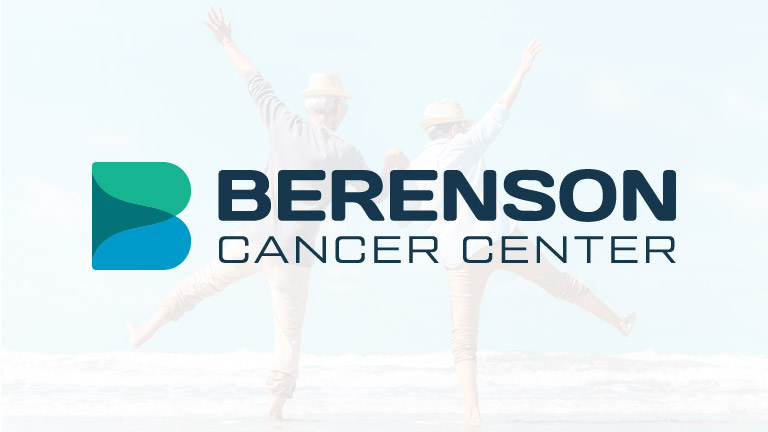Br J Haematol. 2013 Feb;160(3):321-30. doi: 10.1111/bjh.12129. Epub 2012 Nov 15.
Berenson JR, Yellin O, Bessudo A, Boccia RV, Noga SJ, Gravenor DS, Patel-Donnelly D, Siegel RS, Kewalramani T, Gorak EJ, Nassir Y, Swift RA, Mayo D.
Abstract
Bendamustine, active in multiple myeloma (MM), is a bifunctional mechlorethamine derivative with alkylating properties. Bortezomib, approved to treat MM, is effective in combination with alkylators. The tolerability and efficacy of bendamustine plus bortezomib in relapsed/refractory MM was assessed in an open-label, dose-escalating, phase I/II study. Patients aged ≥18 years received intravenous bendamustine 50, 70, or 90 mg/m(2) (days 1 and 4) plus bortezomib 1·0 mg/m(2) (days 1, 4, 8, and 11) for up to eight 28-day cycles. No dose-limiting toxicity was observed after cycle 1; bendamustine 90 mg/m(2) plus bortezomib 1·0 mg/m(2) was designated the maximum tolerated dose (MTD). The most common grade 3/4 adverse events were leucopenia (58%), neutropenia (50%), lymphopenia (45%), and thrombocytopenia (30%). Primary efficacy measure was overall response rate (ORR), which was the combined complete response (CR), very good partial response (VGPR), partial response (PR), and minimal response (MR). ORR was 48% (one CR, two VGPR, nine PR, and seven MR) for all 40 enrolled patients, 52% (16/31) at the MTD (90 mg/m(2) ), and 42% and 46% for prior use of bortezomib (n = 31) or alkylators (n = 28) respectively. Bendamustine plus bortezomib was well tolerated with promising efficacy in this heavily pretreated population.
